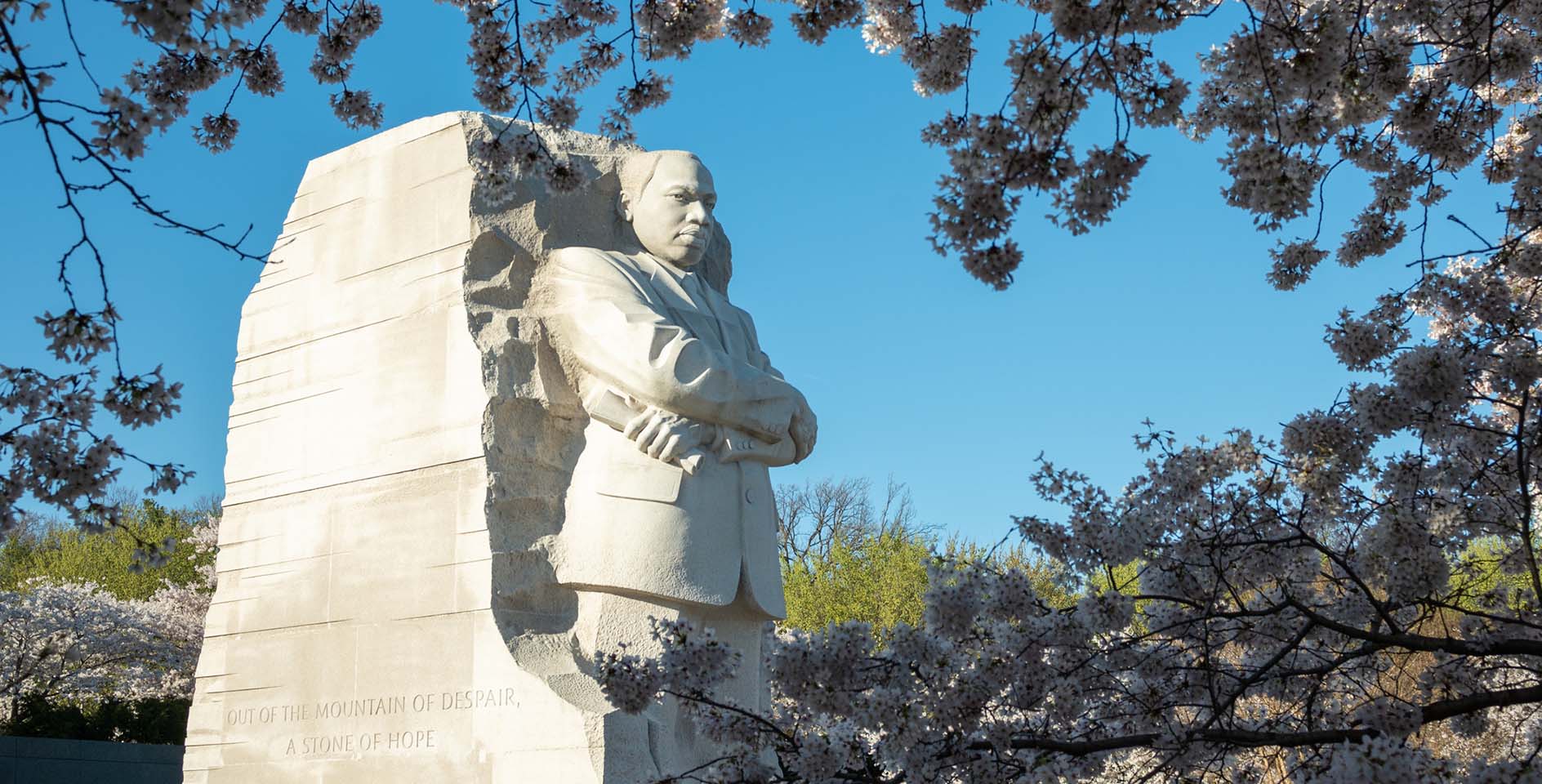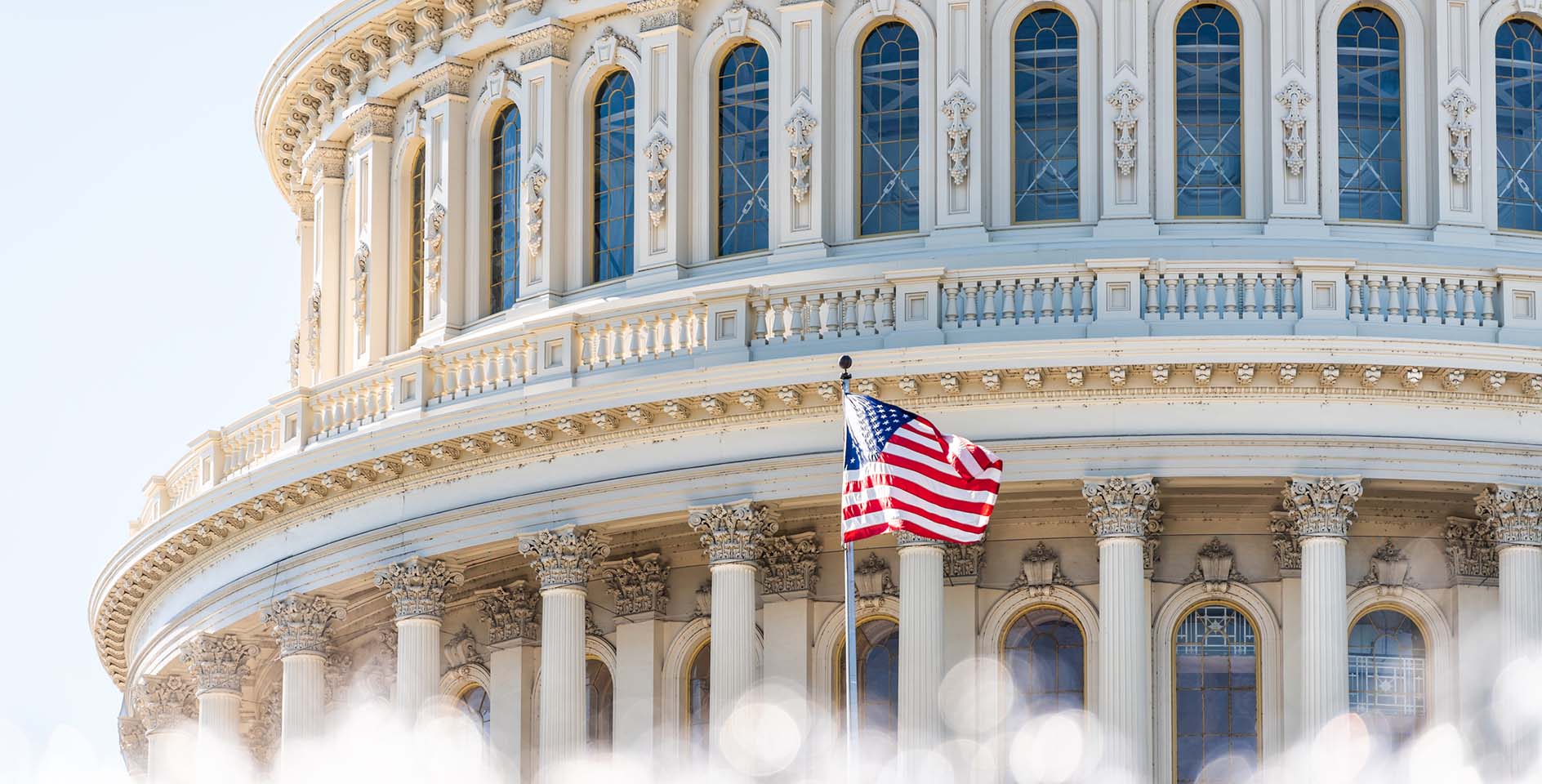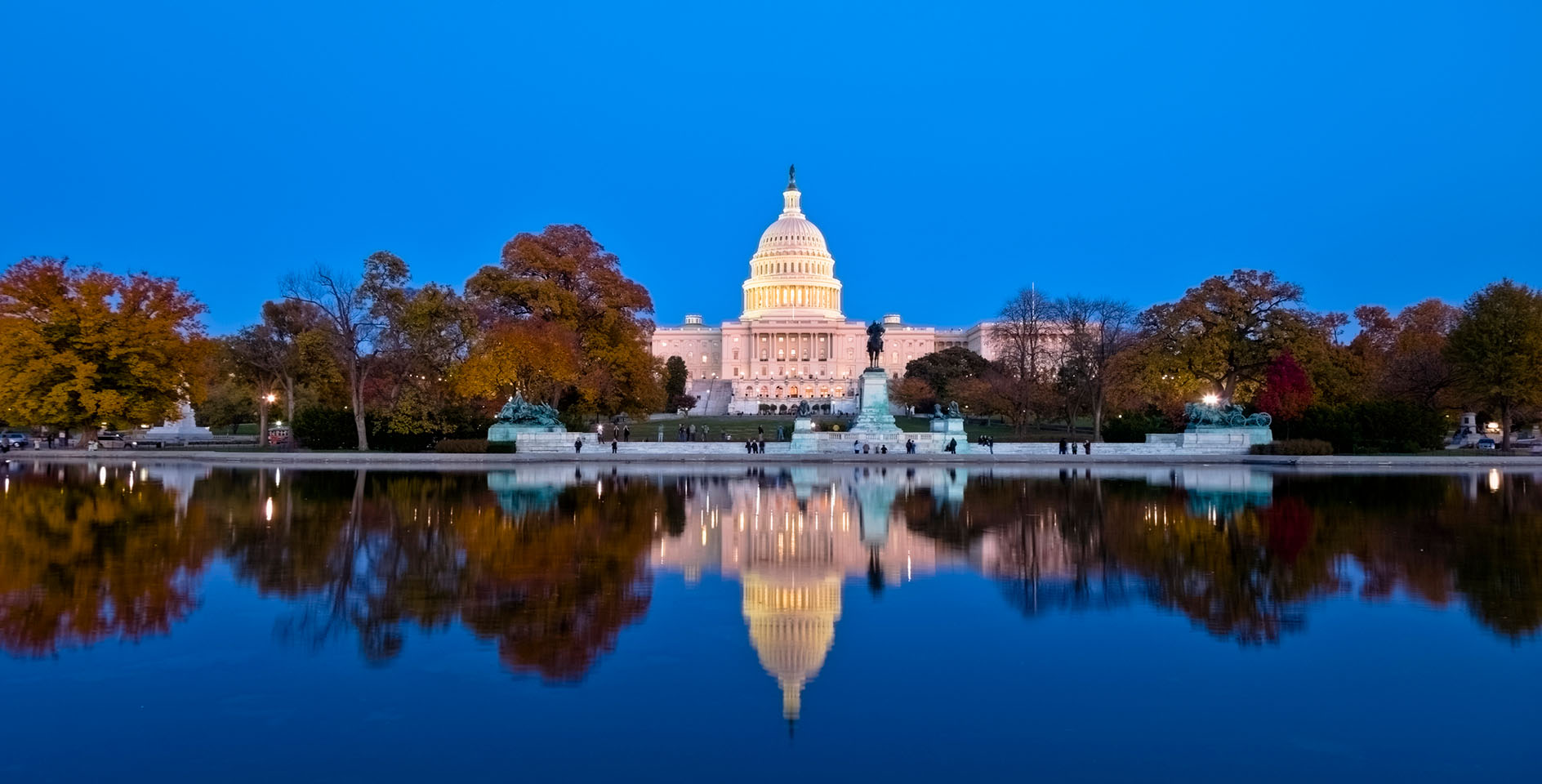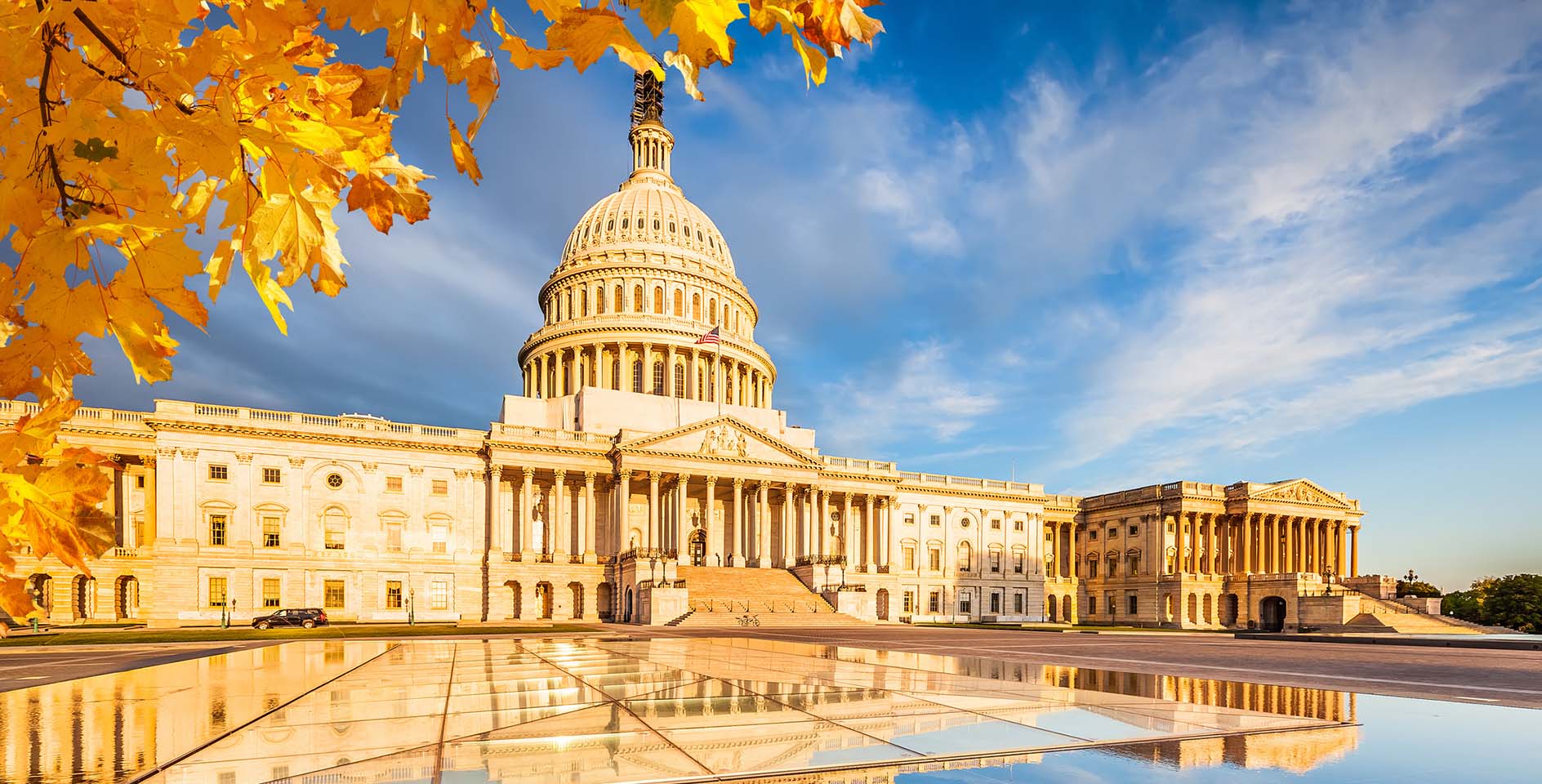On October 16, oral arguments were heard in Minnesota for a case centered on creativity and compelled speech. Carl and Angel Larsen are the directors of Telescope Media Group which exists to tell stories that honor God. These filmmakers are also strong proponents of marriage and believe that it is one of the greatest stories to be told. They desire to make films and wedding videos that tell the Christian story of marriage and the way that this is a God-honoring narrative.
In the state of Minnesota, the Larsens could face criminal charges if they declined to create wedding videos that contradict their Christian convictions. Because they wish to both create art in line with their Christian belief that marriage is reserved for one man and one woman, they face fines up to $25,000 and jail time of up to 90 days. In response to this, the Larsens have filed a challenge through Alliance Defending Freedom to have their rights upheld before they begin to create these videos.
Central to this case is the question of whether a government can compel or constrain an artist’s artwork. As Christians, we believe that individuals are created in the image of God. As image-bearers of a creating God (Gen. 1-2), we also imitate God as we use the gift of creativity he has given to us (Ex. 35:35). The drive to create works of art in literature, film, music, and physical medium such as paint or sculpture is connected to our status as beings who bear the image of a creative God.
Christians should recognize the drive to create and also protect that right. The Minnesota Human Rights Act limits the ability of the Larsens to creatively exercise their ability to showcase the glory and grandeur of God in the institution of biblical marriage. The law represents an overreach by the government to compel artists through their artwork to tell a particular narrative. The state has constructed a narrative of what is acceptable and then limited the ability of artists to interact in the public square.
This suit is similar to two other cases which have been brought before the Supreme Court in recent months: Masterpiece Cake Shop v. Colorado Civil Rights Commission and State of Washington v. Arlene’s Flowers. In Masterpiece Cake Shop, Jack Phillips argued that he should not be compelled by government authorities to create a wedding cake for a wedding that contradicted his Christian beliefs about marriage. The court upheld that Phillips had been unfairly discriminated against in the previous ruling of the Colorado Civil Rights Commission and appellate courts. Baronelle Stutzman’s case centered on the same issue but with floral arrangements. This case was sent back to the state of Washington Supreme Court to be reconsidered in light of the Jack Phillips ruling.
Central to all three of these cases is the right of the government to compel speech from any individual, but especially artists. The creation of artwork is a specifically personal and intimate act. Every artist brings a portion of themselves to their work. Artists are declaring a message about fundamental truths of reality and creation through their artwork. A wedding video is not just about a couple. It is about the truth and beauty of marriage which is built into the fabric of creation. When artists create, they are doing so with the hope that at the end they may join God in declaring “it was good” (Gen. 1:18). For the state to step into the public square and tell an artist that they cannot tell a particular story because of their religious convictions is an overreach of the state.
The state has no ability to judge between religious convictions. As the 18th century Baptist minister John Leland argued in his sermon, “The Rights of Conscience Inalienable,” it is only when those religious beliefs break forth in actual violence that the government should intervene. Even then, it does not punish the thoughts and motivations; it only punishes the actions and harm.
Carl and Angel Larsen are not looking to actively discriminate or hurt those who believe differently than they do about marriage. They are only seeking to tell the story of God’s design for marriage and fulfill their mission to “magnify Christ like a telescope.” They see their work as filmmakers and artists as part of the ever unfolding story of God’s plan to extoll his glory by making the realities of God and his plan for creation clearer.
As Christians, we should be the most vocal in defending the rights of all peoples to live out their convictions in alignment with their conscience. Carl and Angel Larsen seek to create films. Jack Phillips creates artwork with cakes. Baronelle Stutzman arranges flowers. All of these creative acts are the result of the creative impulse in all image-bearers of God. Christians should consider how this case will indicate the future role that artists may have in the public square. They should be prayerful of the dangers of a government which seeks to overreach and constrain the consciences of artists.
Further, they should be aware that in making this argument they are making it for all peoples. This is not just a Christian case, although the Larsens are bringing the case because of their specifically Christian convictions. It is a case which is applicable to all peoples. No one should be barred from speaking in the public square or operating a business because of a deeply held religious belief. The freedom to speak and produce art is the right of all artists whether Christian, Muslim, Hindu, or non-religious.
We should all be aware of cases such as these because they are indicators of the state of conscience protection in the culture. Christians and non-Christians should all be proponents of the rights of conscience and the right to freely create and express an artistic vision of the good, true, and beautiful.









